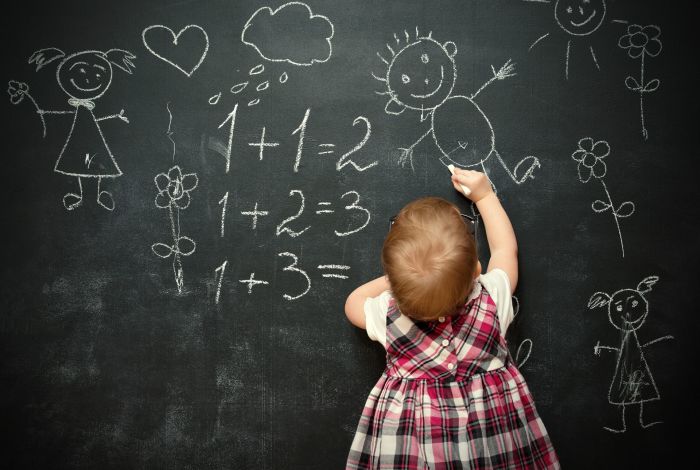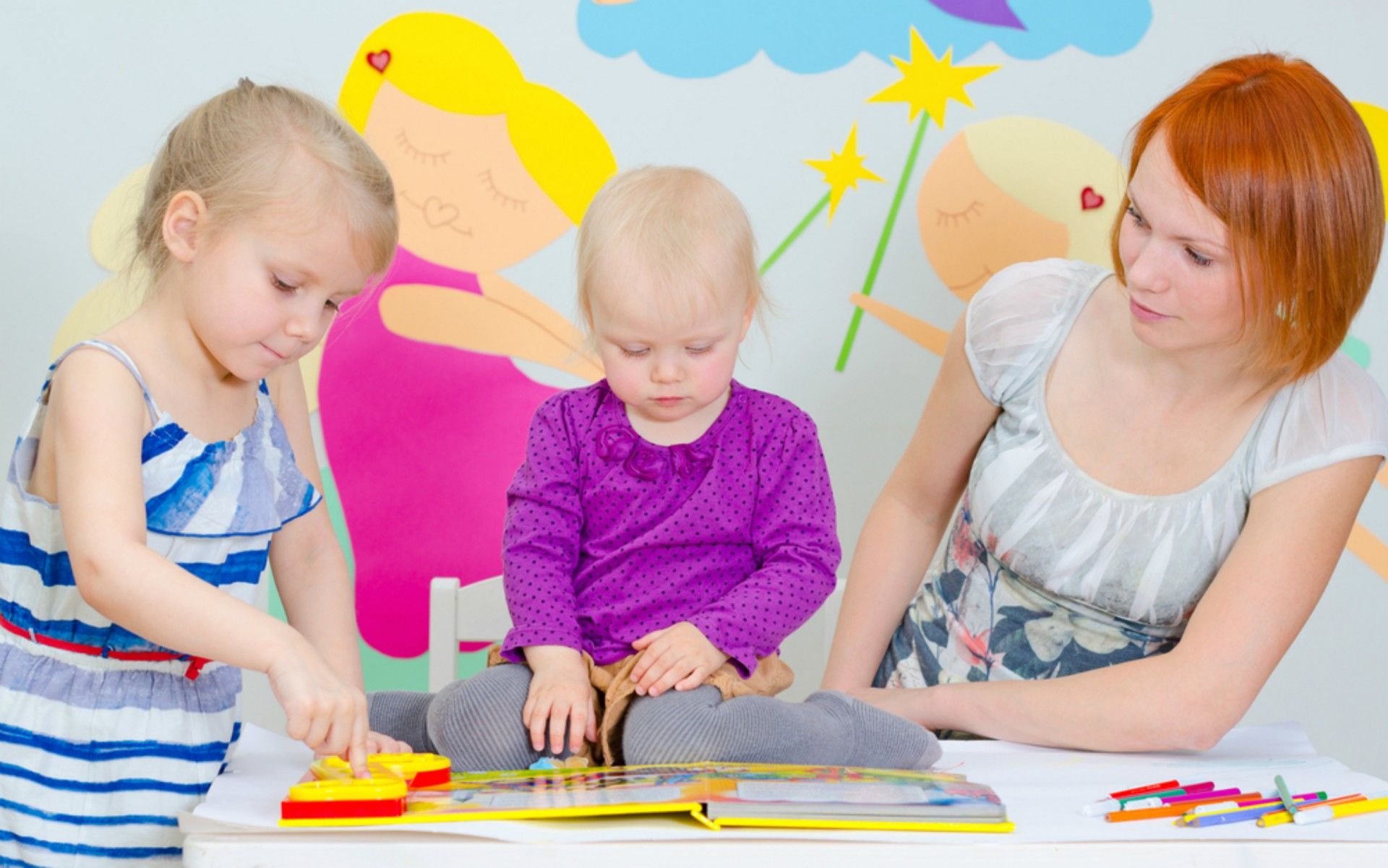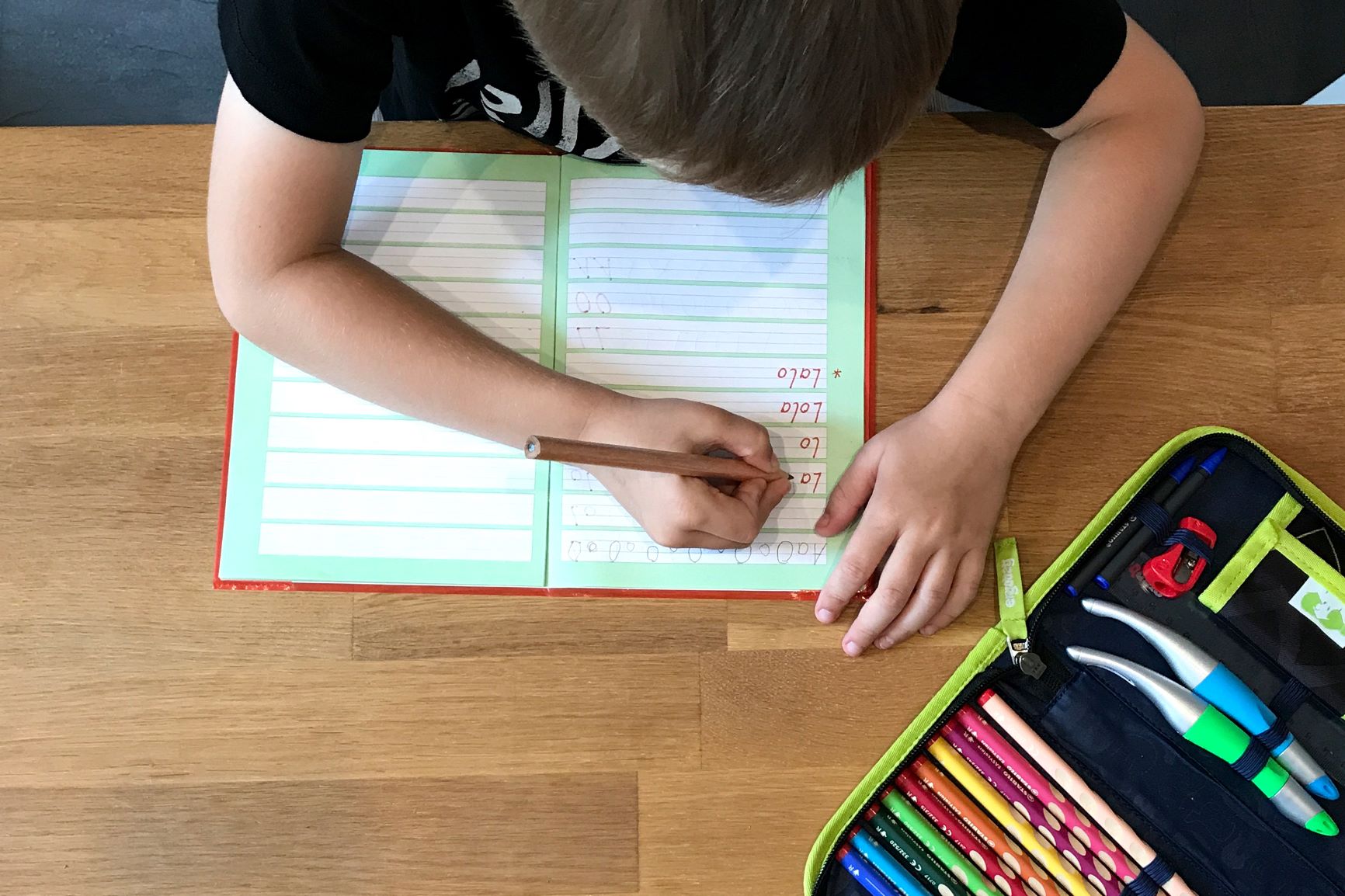Our topics:
Why early childhood learning is so important

How important is early childhood learning?
Scientists conducting research into education have been focusing for several years now on a new key phase of life, which is the time from birth until enrollment in school. Education does not only start in the kindergarten but is an important part of a child's upbringing – from the very first week of life. A close bond with the child is what really matters in infant development processes. Indeed, educationalists have found that all the pedagogical processes during elementary school, adolescence and life have their roots in infancy and early childhood. As early as the age of three, children who are behind in their development very rarely make up the ground in kindergarten before they get to elementary school.
"Talk to me!"
Children who sit or lie in front of the television at an early age receive less individual attention than children who are engaged with in play and conversation. Items of technical equipment do not hug them, listen to them or answer their questions. If parents do not communicate very much with their offspring, their children will not learn to speak properly and express themselves. Children whose questions are not answered will stop asking questions. Children who are not read to will probably not read so well later in life.
It is wrong to believe that infants do not take in a lot of their surroundings in this phase of life. Today we know that babies are much more clever than what was considered possible by research scientists 20 or 30 years ago.
Pure intuition is the means by which a great deal happens at this stage, given the keen powers of perception, with which young children are blessed with. They absorb and watch everything, listen intently, mimic behavior and think their own thoughts in their very own worlds. Even before they can speak properly themselves, they are probably quite capable of telling a grammatically correct sentence from a grammatically incorrect sentence.
Parents need to stimulate their children at this stage so as not to waste precious potential. Linguistic development is essential and begins on the very first day of a newborn baby's life. The vast majority of input comes through interaction and fun – babies sense and know that they are entertaining the people around them. As they play and splash in the bath in the evening and squirt water on mom and dad, they laugh their heads off at the perplexed looks on their faces – and they want people to react to what they do. If you remain passive and show no interest, they will stop communicating with the people around them in this way.
Communication is key
Babies need communication for their development like flowers need sunshine. The more communication, conversation and chat there is – whether singing, talking or playing – between children and the figures to whom they are attached, the more they will flourish. An American study has shown that children with talkative parents already have about 130 more words in their vocabulary at just under two years of age than babies with mothers and fathers who make little conversation. This gap will continue to expand with age, giving your children a head start all through life.



